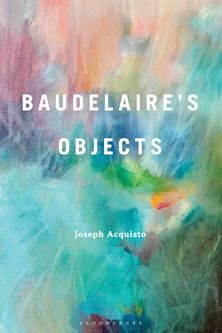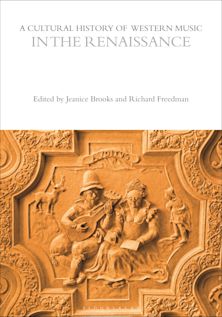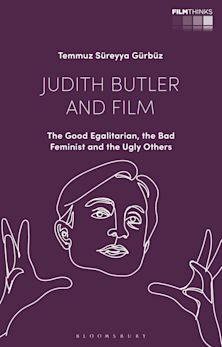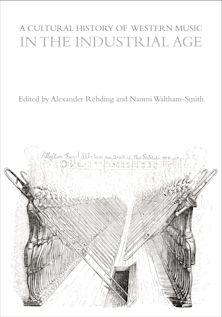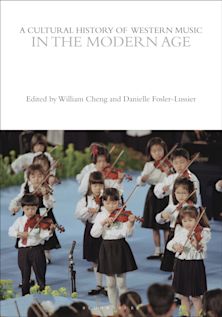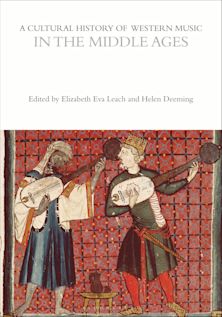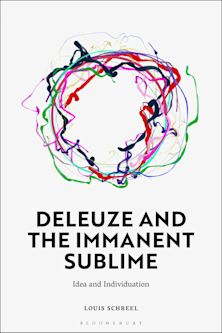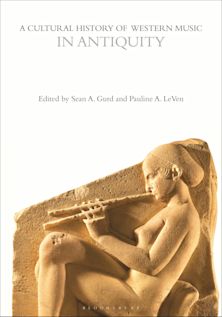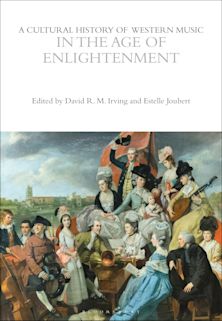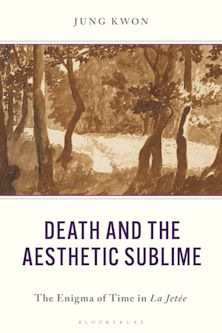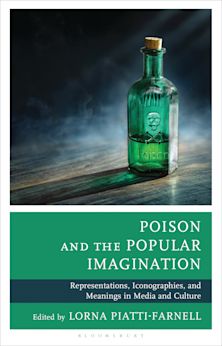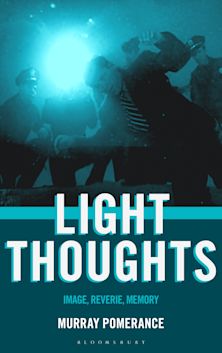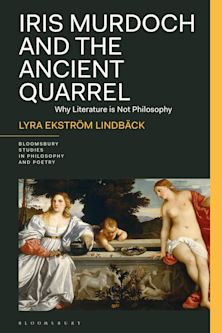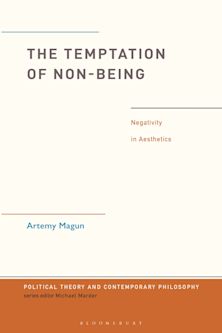- Home
- ACADEMIC
- Philosophy
- Aesthetics
- Kierkegaard's Concept of the Interesting
Kierkegaard's Concept of the Interesting
The Aesthetic Gulf in Either/Or I
Kierkegaard's Concept of the Interesting
The Aesthetic Gulf in Either/Or I
You must sign in to add this item to your wishlist. Please sign in or create an account
Description
Volume one of Søren Kierkegaard’s Either/Or explores the crisis of the modern secular void—with its attendant doubt, ennui, and alienation—from the first-person perspective of an aesthete who, lacking any epistemic or moral foundations, grows increasingly obsessed with what he calls “the interesting.” In a close explication of the history of that aesthetic concept and a thorough exegesis of this volume, Kierkegaard’s Concept of the Interesting: The Aesthetic Gulf in Either/Or I explores the aesthete’s views on beauty, opera and music, tragedy and comedy, time, unhappiness, the difference between suffering and pain, boredom, eroticism, deception, and seduction, along with the ways in which these precipitate the ambition for increasingly interesting experiences. In this examination, Anthony Eagan thoroughly reveals Kierkegaard’s own perspective on how an exclusively aesthetic attitude can lead to an ever-more voracious tendency to interpret the world in a private, self-defeating, and unscrupulous fashion—one arising from and ultimately leading to moral solipsism and despair. This book develops a comprehensive understanding of Either/Or I that is crucial for understanding the rest of Kierkegaard’s authorship.
Table of Contents
Sigla
Overture: The Crisis
Chapter 1: From the Beautiful to the Interesting: The Great Gulf
Chapter 2: Don Giovanni as Proto-Aesthete
Chapter 3: Antigone: The Substantially Interesting
Chapter 4: Shadows of Variation: The Paradox of Reflective Sorrow
Chapter 5: ‘The Unhappiest One’ as an Interlude: Unhappiness is an Empty Grave
Chapter 6: The Painless Misrelation: A Glimpse at Subjectivity in Pure Form
Chapter 7: Novelty and Control: Doing Justice to Aesthetics
Chapter 8: The Final Division: Voracious Hermeneutics
Coda: A Most Interesting Man
Bibliography
Index
About the Author
Product details
| Published | 31 Jul 2024 |
|---|---|
| Format | Ebook (Epub & Mobi) |
| Edition | 1st |
| Extent | 264 |
| ISBN | 9781666962482 |
| Imprint | Lexington Books |
| Illustrations | 10 Tables |
| Series | New Kierkegaard Research |
| Publisher | Bloomsbury Publishing |
About the contributors
Reviews
-
“Kierkegaard’s Concept of the Interesting: The Aesthetic Gulf in Either/Or I—excellent and highly engaging—shows how Kierkegaard’s first book, volume one of Either/Or, sets the stage for his entire authorship through its exploration of the crisis of modernity in the ideas and character of its fictional author (named A). Anthony Eagan masterfully brings to light the unity of Either/Or I by explicating the drama of A’s increasingly desperate and ultimately futile attempts to organize his life in a satisfactory manner on the shaky foundation of the aesthetic category of the interesting. Along the way, Eagan offers insightful interpretations of such classics as Oedipus Rex, Hamlet, Goethe’s Faust, and Mozart’s Don Giovanni, which illustrate the idea of the interesting and its role in the historical development of Western humanity.”
Richard McCombs, St. John's College

ONLINE RESOURCES
Bloomsbury Collections
This book is available on Bloomsbury Collections where your library has access.












